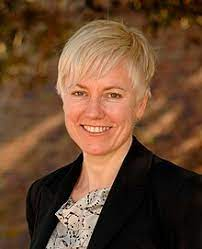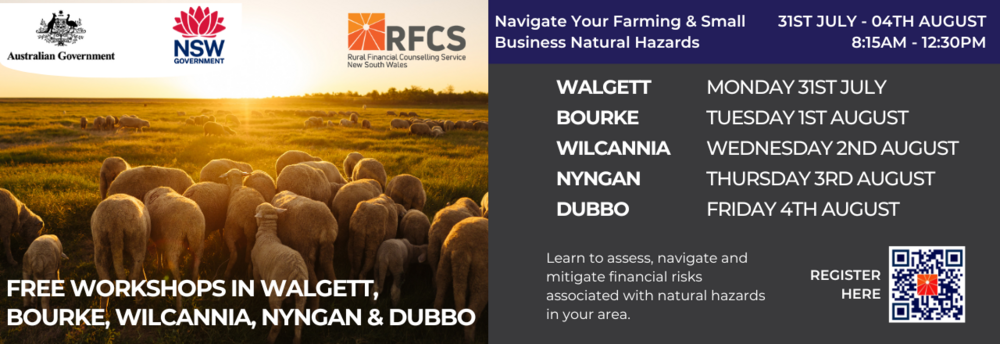Tomingley Gold Mine reacts to calls for industry Parliamentary inquiry
Luke Williams
27 July 2023, 3:40 AM
 Tomingley Gold Mine. Image: Alkane Resources
Tomingley Gold Mine. Image: Alkane Resources Alkane Resources CEO Nic Earner has told the Western Plains App he needs clarification on why a parliamentary inquiry into the industry is necessary.
Alkane Resources are the company that owns and operates the Tomingley Gold Mine.
State Greens MP Cate Faehrmann is pushing for an urgent Upper House Inquiry into the impact of gold, silver, and lead mining on human health and the environment.
It comes off the back of revelations that dust pollution from Cadia Gold Mine near Orange breached environmental air regulations - potentially contributing to the presence of nearby residents' rainwater and even their blood.
"There's never been a more important time to inquire into the way in which the mining sector is regulated and whether or not communities and the environment are adequately protected," said Ms. Faehrmann.
At the same time, the Greens have revealed that earlier this year, former Greens candidate for Dubbo Robyn Thomas and Greens MP Sue Higginson said they had been contacted by people with concerns about the Tomingley gold mine.

Nic Earner. Image: Alkane Resources.
In an interview with the Western Plains App, Ms. Higginson told the Western Plains App these concerns came out when Tomingley got approval to extend their gold mine earlier in the year.
"We were contacted around the extension approval," the former environmental lawyer explained. "They wanted to know if it is sound. Is it being regulated properly? Are they complying?"
The New South Wales Minister approved the Tomingley Gold Extension Project for Planning on 21 February 2023 - and will extend the project until at least 2032.
"There were also concerns about dust pollution," Mrs Higginson. "Some of the locals were afraid of saying anything negative about an extension."
"The other concern about agricultural production as well, so is there any pollution matter, namely heavy materials, is any of that filtering up into the food chain into the food and soil"

Greens MP Cate Faerhmann says a mining inquiry is "long overdue". Image. NSW Greens.
Mr Earner from Tomingley Gold mine said he fully understood that people were concerned about their environment and their land - but that it needs to be understood that the output and therefore pollution risks of the Cadia mine are about 30 times that of Tomingley.
"I think it would be incredibly unlikely that these same impacts could flow from our mine like they have with the Cadia mine. The scales of these mines are just completely different," Mr. Earner said.
"We have incredibly low levels of lead," which he explained were heavily monitored and audited by the Environmental Protection Authority, which has never found them in breach of any environmental standards, including dust pollution levels.
"I mean, of course, people are always welcome to ask questions and look into the operations of our mine, but we are really a very different mine to Cadia."
He said Tomingley was highly regulated and that low groundwater levels in and around Tomingley also reduced the chances of extraction materials seeping into soils.
"We have to report every year, and we are required to follow very high levels of compliance laws."
Ms. Faehrmann remains adamant that the Cadia mine problem will not be an isolated incident as mine expansions continue around the state.
She believes an inquiry is "long overdue" in NSW.
"We've got ... local residents having to stop relying on their rainwater tanks because of pollution concerns and government agencies acting too slowly and too softly," she said.
Mr. Earner told the Western Plains App that in a "heavily regulated industry" there needed to be something very specific and novel to be examined that wasn't already covered by multiple levels of compliance legislation and regulations.
"Several government departments are currently involved in both setting license conditions and in the very regular monitoring and oversight," he said.
"Any parliamentary inquiry would need to understand what information it is seeking that isn't already available to and acted on by the regulators."




